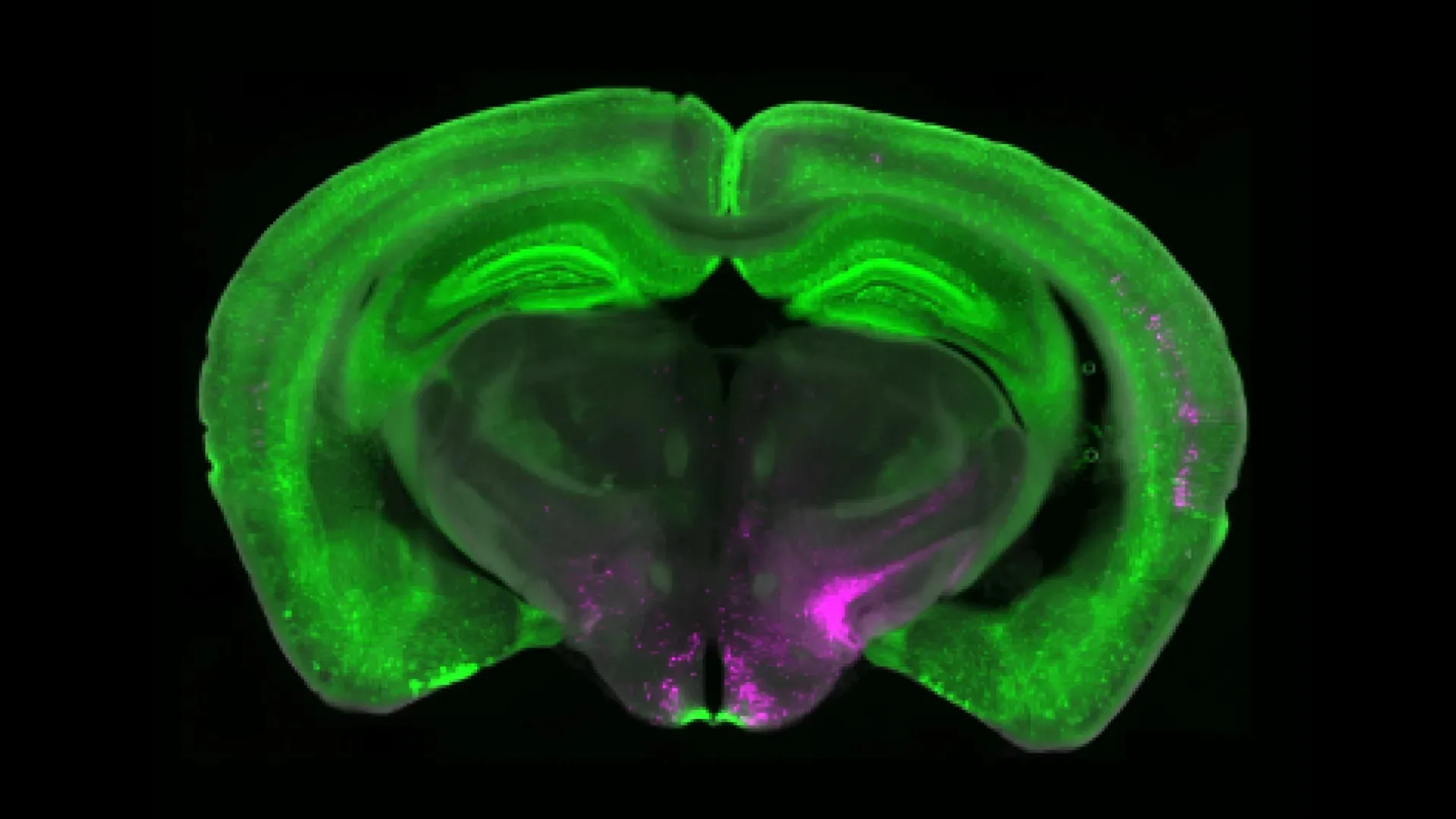Brain’s Pain Override System Discovered: A New Hope for Chronic Pain Sufferers
Exciting new research has uncovered a fascinating mechanism in the brain that could revolutionize the way we treat chronic pain. Scientists have identified specific neurons, known as Y1 receptor neurons, that have the remarkable ability to suppress chronic pain signals when more pressing survival instincts, like hunger or fear, kick in. This discovery offers a potential pathway for developing more effective and personalized pain management therapies.
The Neural Switchboard: How Y1 Neurons Work
Think of these Y1 receptor neurons as a sophisticated neural switchboard. Their primary role appears to be balancing the sensation of pain with other critical biological drives. When faced with a threat or the need to find food, these neurons can effectively turn down the volume on pain signals, allowing us to focus on survival. This explains why, in emergency situations, individuals can often ignore or override even severe pain.
Key Functions of Y1 Receptor Neurons:
- Prioritize survival instincts over chronic pain.
- Act as a neural switchboard for pain modulation.
- Offer a potential target for future pain therapies.
Personalized Pain Treatment on the Horizon
This groundbreaking research opens up exciting possibilities for the development of personalized treatments that target the source of pain within the brain itself. Rather than simply masking the symptoms, these therapies could potentially address the underlying neural mechanisms that contribute to chronic pain.
Potential Benefits of Targeted Therapies:
- More effective pain relief.
- Fewer side effects compared to traditional pain medications.
- Improved quality of life for chronic pain sufferers.
Final Words: A Brighter Future for Pain Management
The identification of Y1 receptor neurons and their role in pain modulation represents a significant step forward in our understanding of chronic pain. This research provides a promising foundation for developing new and innovative treatments that could offer lasting relief to millions of individuals living with persistent pain conditions. As research continues, we can anticipate a future where personalized and targeted pain therapies become a reality, leading to a brighter and more comfortable life for those who suffer from chronic pain.



+ There are no comments
Add yours